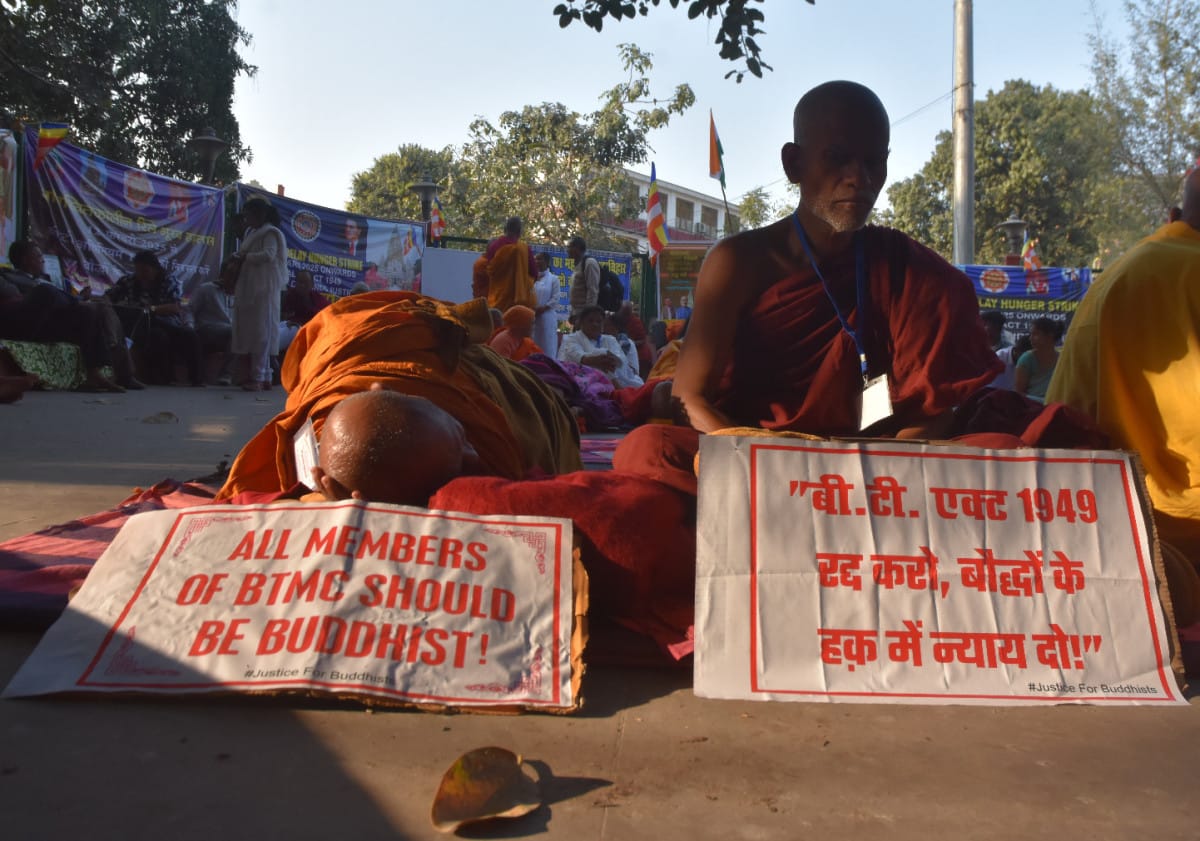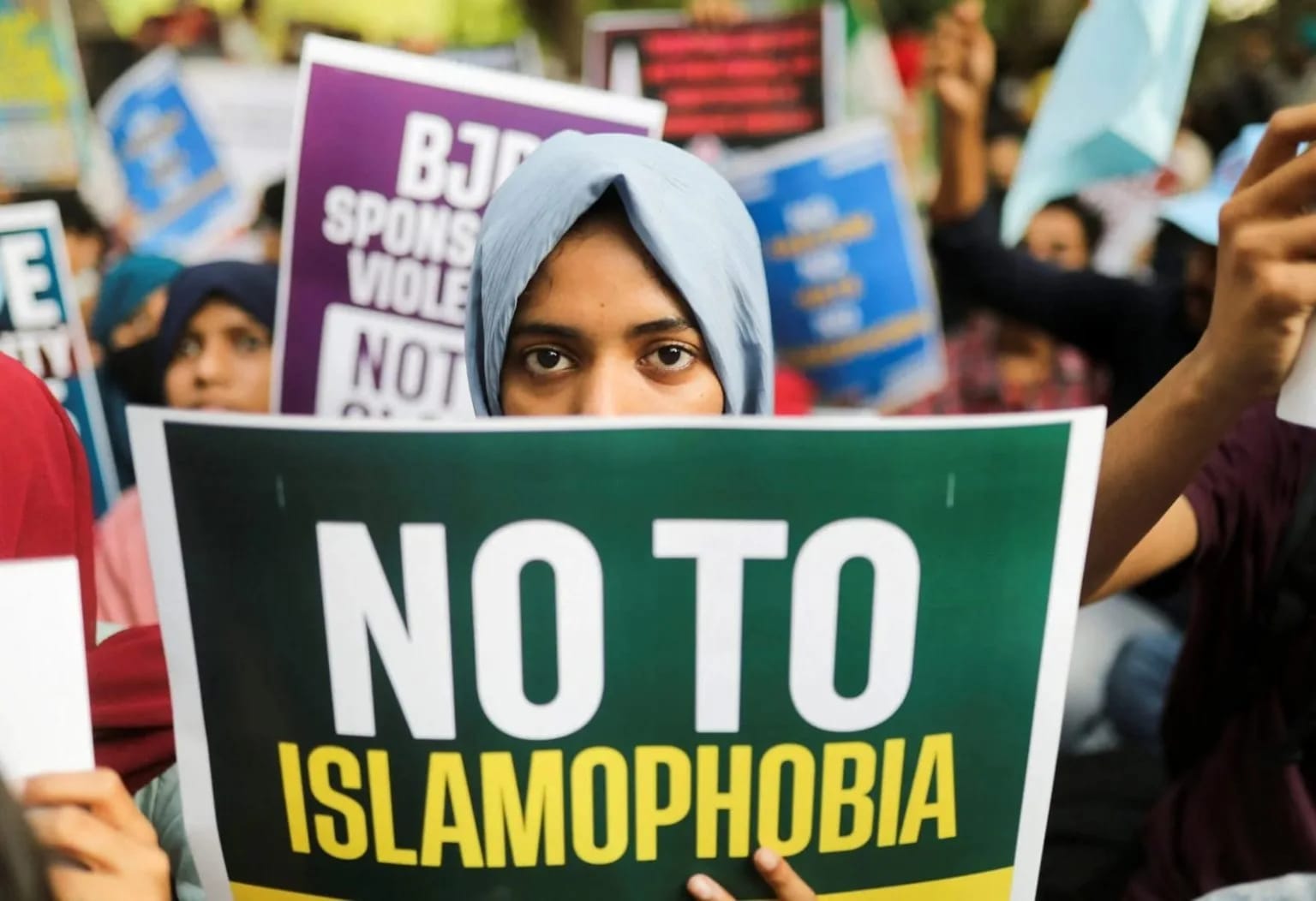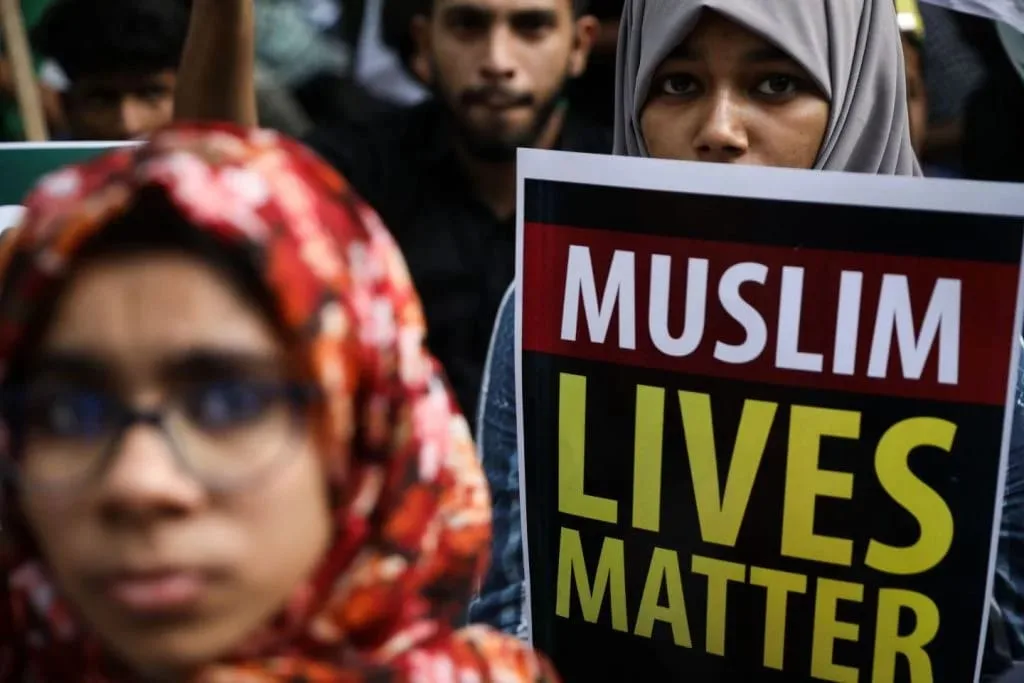Many political groups especially BJP led NDA are celebrating the new Triple Talaq Bill and claiming historical change and gender justice. There is no doubt that, in the context of prevention of Instant Triple Talaq, it is a triumph for Muslim women. But when we see in the context of protection, rehabilitation and justice for Muslim women, the Muslim Women (Protection For Rights On Marriage) Act remains silent. These gaps fail to give justice to Muslim women and their plight.
Being a son of a woman, who was a victim of Instant Triple Talaq (ITT), I am trying to understand the Muslim Women Act, in the context of ground reality, since some Muslim women’s activist groups are celebrating the Act as an example of gender justice. However, this claim of gender justice raises multiple questions.
In my article, I want to highlight three points—first, shelter for the victim in the case of ITT, second, maintenance for the women and care of the children, and third, right to second marriage. I would like to discuss this through a personal narration—how it happened with my mother and its impact on our family (my mother, my sister and I).
Being a son of a woman, who was a victim of Instant Triple Talaq (ITT), I am trying to understand the Muslim Women (Protection For Rights On Marriage) Act, in the context of ground reality
Background of the Case
My maternal grandparents were farmers who owned a good amount of land, while my paternal grandparents were labourers. But my mother’s father (my nana) passed away when she was ten years old. Her two elder sisters were married at young age, and so did my mother. She was not sent to her in-laws’ home due to her young age, at the time of “Nikah“. After one year, her father passed away and she took the responsibilities of her mother and three younger siblings on her shoulders.
After three years, she was sent to her in-laws’ home, where she gave birth to a daughter and son. When I was one year old, my father passed away in an accident. She became a widow and her brother forced her to leave her children and come back to her maternal home. She refused and stayed at her in-laws’ place with both of her children. She passed the following years in stress and trauma, wondering how she would nurture her children without any economic support.
Women were not allowed by their families to go outside for employment. All the elder men in the family were also concerned to take care of her and both of us (my sister and I). But no one was ready to take any responsibility. They all were Maulanas and Qazis by profession, but no one was ready to fulfil their religious obligations, that is, to support and care for orphans like us and our widowed mother. Finally, they decided to levitate marriage for my mother without her consent. There was no space for her voice. Did she want the marriage? Or did she only wanted to take care of her children? She suppressed her voice and adjusted to the marriage thinking at least her children will be fed and she would have a man in her life to look after her children. She would get support rather than leading a single woman’s life.
Instant Triple Talaq and Question of Maintenance
We were living happily and our uncle (my mother’s new husband) took care of us. My mother came out from the stress and trauma. I could see the smile on her face and glow in the eyes. She gave birth to a son. Now we were three siblings. We all were very happy and cherished our days together. But this happiness was not here to stay for long.
One day, he came and pronounced ITT to my mother. She fell down unconscious. My mother’s world was demolished in a second. She did not know her religious rights which Quran gives to women; she only knew the meaning of Talaq (divorce). I could not understand the meaning of all this which was going on; but I could understand something was very wrong, which was to affect my brave mother and all three of us. My mother held us in a hug and cried. She would weep silently, but I could feel her screaming pain and tears. As days passed, she stopped the crying in front of us. My eyes kept searching for the man, the father; my sister and I forgot our father (she only saw him; I never remembered my biological father) but I saw a father figure only in our uncle who went away from our life.
Again, elders of the family sat together and discussed what could they do, what type of action could they take? There was no space for the victim(s) to speak up. Those men sat down for taking decisions of my mother’s life and ours, which seemed fine then. But now when I reflect on them, I understand that it was a one sided and highly patriarchal approach as the victim was sitting at home while the men had their meeting in the chaupal where women were not allowed to be present.
They summoned for that man and asked him about the reason. He did not say anything and stood with lowered head. On behalf of my mother, my younger unmarried uncle was speaking about taking care of us; while elder married uncle was suggesting to send her to her maternal home. Finally, the elder men took the decision that my mother’s second husband would take care of her youngest son (his own biological son) while my mother would live in the home with us. My mother was not ready to give up her son but she did not have a choice because there was no one who would feed us. At least, one child gone meant that she has one stomach less to feed.
is the Muslim Women (Protection For Rights On Marriage) Act giving time and space for their own community setup for the negotiation? And where will she live? If the man is thrown into prison, will his family allow her to live in the same house? How will she make a claim for the property?
Coming to this new Muslim Women Act, taking into consideration the direct action in the form of imprisonment, many questions tend to arise—is the Muslim Women Act giving time and space for their own community setup for the negotiation? And where will she live? If the man is thrown into prison, will his family allow her to live in the same house? How will she make a claim for the property?
Within the family system often there are so many complexities and property claim If woman demands property in the negotiation. My mother did get the house but then if someone complains about the ‘Instant Triple Talaq’ to the police station, then all the claims of the women will be curbed. As it was in the case of my elder uncle, who wanted to throw us out to occupy the house. My mother was helpless and completely depended on these negotiations. But this Act is giving power to patriarchal forces (any blood or any relatives) to take decision for women, rather than her own. Then remains the question was about maintenance—who will take care of us?
My mother had a roof over her head where she could sit and think about it. My sister and I did not know the meaning of Talaq, widowhood, Iddah etc. But we knew the value of food and the meaning of hunger. We could not bear it and we were also not able to understand my mother’s plight. We were dependent on the donated food. If someone donated, then we had food otherwise my mother had to visit neighbour’s home to borrow something. I have my gratitude for those neighbours who gave us food and other stuffs to my mother.
Also read: A Case For Misplaced Priorities: The Triple Talaq Bill
We were the only people in entire clan who ate food from their house; other Muslims did not because they belong to the lower castes (Dalit Muslim) of the Muslim society. My father’s clan were also the labourer class and lower caste but they considered they were superior to their neighbours. She could not visit her paternal home to demand anything because her brother was angry with her.
Poverty and hunger are dangerous. It is a war which poor people have to fight every day. We also fought it, but my mother understood soon that surviving was not easy. There was no clear system of issuing BPL ration cards. Most of the BPL cards were issued to those families who were well to do.
The Muslim Women Act has thus ignored and neglected the question of maintenance. There are enough reports on Muslims’ economic and educational status. It is also clear observation that ITT is practiced in illiterate and rural areas more rather than educated and urban societies. This law getting cleared in the both Lok Sabha and Rajya Sabha, is not the failure of the government alone; it is also failure of the opposition and all the secular parties. These parties failed to play their social role and highlight the importance of the maintenance for the women in marital disputes. This Act will affect women from two ends—criminalization of the matter will put men into prison which will close options for negotiation and women will fail to acquire maintenance since the husbands would be in prison.
Option for the Second Marriage
Earlier, the Supreme Court judgement had cleared that ITT as Un-Quranic and unconstitutional, so in such cases marriages will not dissolve. But according to the new Act, pronouncing of ITT is criminalized and the man will go into prison under the penalty of three years. This act is talking about an allowance which will be fixed by the magistrate and the children’s custody will be with mother. But there is no option for the second marriage. What is the guarantee or assurance that all dispute will be settled? If the husband will be in prison for three years in the absence of settlement, will the marriage continue post three years? So, there is a clear vacuum for women’s rights. Why should women wait for the man (who pronounced ITT) until his release for the second marriage?
Also read: The Myth Of Muslim Women’s Empowerment In India
Therefore, the Muslim Women Act instead of empowering women providing support to her and the children to be care, ends up closing all doors of support and security following the pronouncement of ITT. This Act is providing punishment for the accused, not justice for the victims. It is the same argument as Indian society has about the punishment for rape accused but not for the justice for victims. But justice for the women in any sexual, physical and psychological violence is maintenance, rehabilitation and live with dignity in the society. The Muslim Women Act does not provide any security or justice to women. It is just about the punishment for the accused rather than justice for the victims.
Mohd.Usman is a Phd Scholar in Tata Institute of Social Sciences, Mumbai. You can contact him on Gmail and you can follow him on LinkedIn and Instagram.
Featured Image Source: Hindustan Times




